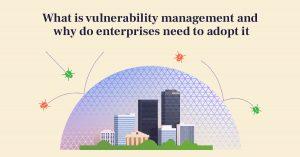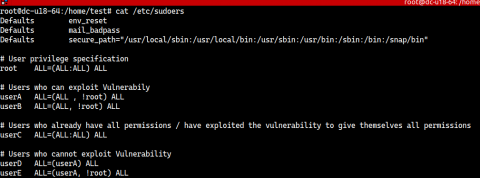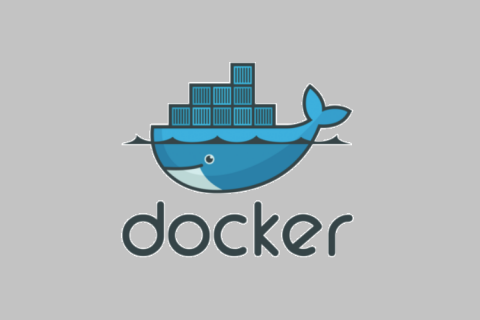What is vulnerability management and why should enterprises adopt it?
In the current digital era, enterprises across the world heavily rely on information systems for day-to-day operations and for accessing business-related data. In essential institutions, such as banking and financial, health, and government, protecting information is critical and any security mishap could disrupt daily operations. The intention of attackers is to either deny services until a ransom is paid or breach security to gain access to critical information.











